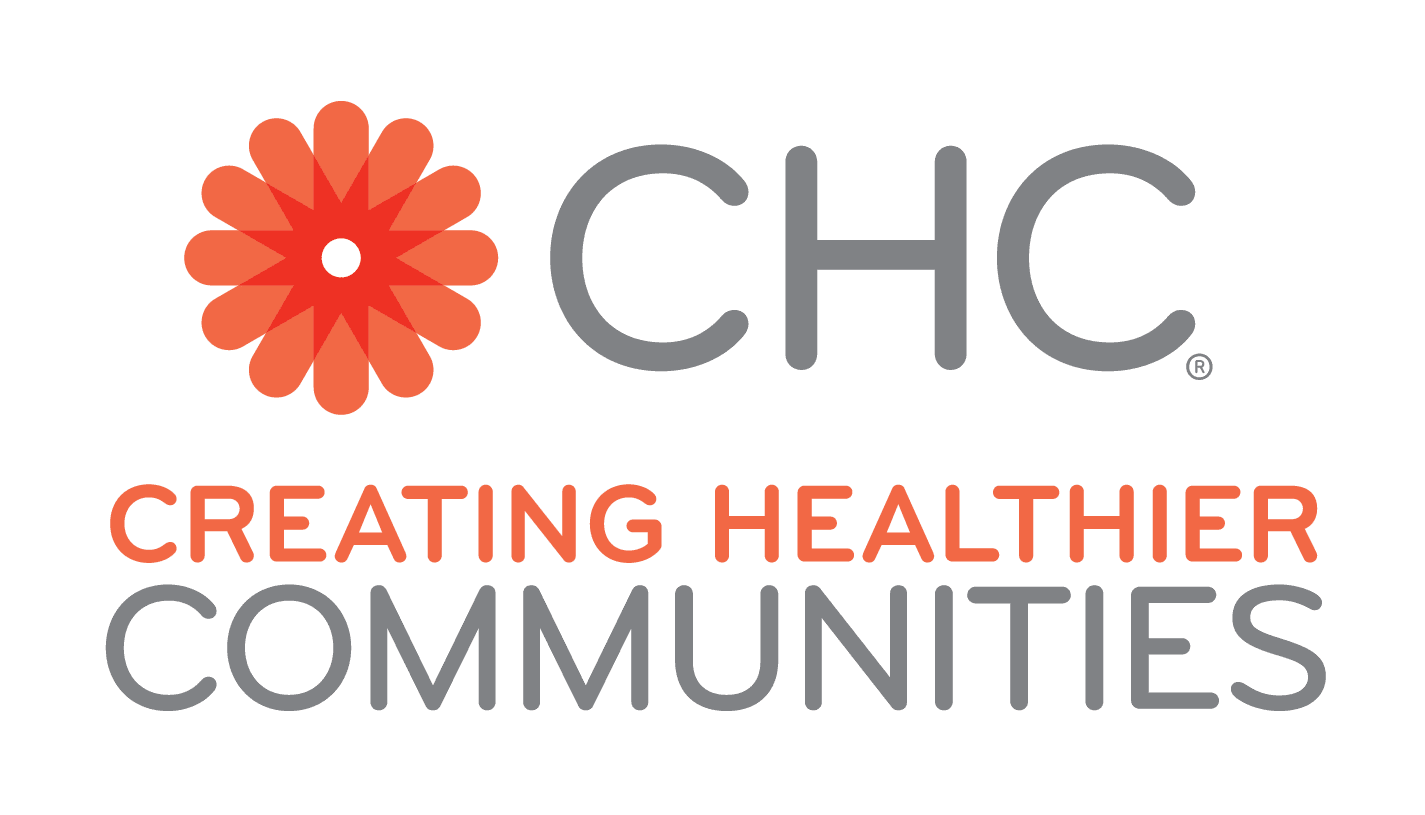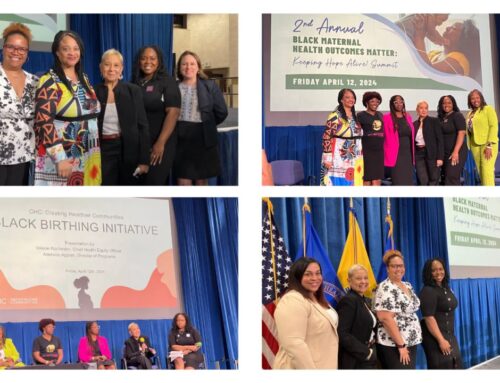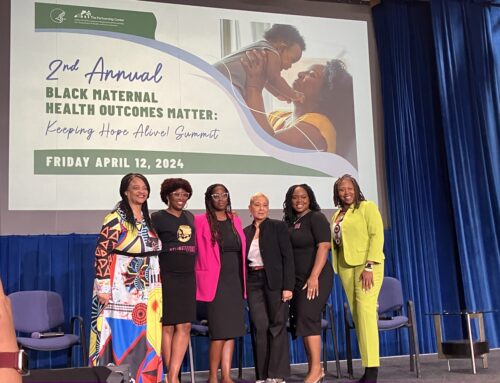Tax Reform Update And Charity Call To Action
Community Health Charities urges all nonprofits across the nation to alert their constituencies to help turn the tide on what could be some very serious and unintended consequences—charities are expected to lose billions of dollars in charitable donations—if the current versions of the Senate and House tax reform bills pass without changes we urgently seek.
We need all Community Health Charities’ charity partners, supporters, and friends to join the thousands of other nonprofits in contacting your elected officials and urging them to protect charitable giving in the Senate tax reform bill. Doubling the standard deduction will eliminate the charitable deduction for 95% of Americans. The result? An estimated $12-20 billion lost in charitable giving. Ask your senator to avoid this devastating consequence by expanding the charitable deduction to all Americans with the Universal Charitable Giving Act.
The House took up and passed its tax bill on Thursday. The Senate sent a tax bill out of the Finance Committee on Thursday as well. We expect it to go to the floor the week after Thanksgiving. However, it has been a case of “good news” and “bad news” so far.
As of this writing, both the House and Senate raised the limits on how much taxpayers can give from 50 to 60% of their adjusted gross income. That is good. In the not-so-good category, neither the House nor the Senate have embraced a universal charitable deduction to preserve the value of the charitable deduction.
The details of the proposed legislation:
What is the same?
Both the Senate and House bills share some of the same provisions:
- Doubled standard deduction and preservation of the charitable deduction.
- Increased AGI limits for the charitable deduction for cash gifts from 50% to 60% (Senate sunset after 12/31/2025).
- Elimination of the Pease limitation (Senate sunset after 12/31/2025).
- A 1.4% excise tax on investment income of private colleges and universities, and organizations formally related to the institution, with assets valued of at least $250,000 per full-time student.
- Doubled estate tax and generation-skipping tax exemption to $10 million (Senate sunset after 12/31/2025).
- A 20% excise tax on executive compensation over $1 million at tax-exempt organizations.
What is different?
There are some key differences. The House version also includes:
- Streamlined private foundation excise tax to 1.4%.
- Requirement that donor-advised fund sponsoring organizations disclose inactive fund policies, as well as average amount of grants made from their DAFs.
- Estate tax and generation-skipping tax repeal after six years.
- Repeal of the Johnson Amendment, effectively allowing all 501(c)(3) organizations to engage in political speech in the ordinary course of the organization’s business (Sunset after five years).
What comes next:
Now, the Senate Finance Committee will have to write legislative text based on the provisions that passed on Thursday. The Senate is expected to bring the bill to the floor for a vote the week of November 27, and thereafter the two chambers will have to come to an agreement before the final bill can be sent to the President’s desk. There are many differences between the Senate and House versions, so we expect a lot of change and compromise in the negotiation process.
The problem
During the debate in the Senate Finance Committee, Senators Stabenow (D-MI) and Wyden (D-OR) offered an amendment that would create an above-the-line charitable deduction for non-itemizers with an AGI cap of 60% and a phase-out for high-income taxpayers, similar to the Pease limitation. After Republicans argued that they are maintaining the charitable deduction in tax reform, and claimed that you can only create this policy if you decide not to double the standard deduction, the provision failed on a party-line vote of 14 nays to 12 yeas.
Although both were listed with the original amendments, Senator Thune (R-SD) did not offer the CHARITY Act as an amendment or the extended carryforward rule. The CHARITY Act would streamline the PF excise tax to 1%, expand the IRA charitable rollover to include distributions to donor-advised funds, and declare a sense of the Senate that the scope and value of the charitable deduction should not be diminished in comprehensive tax reform, among other provisions. The extended carryforward rule would make the charitable carryforward window 15 years instead of the 5 year window under current law.
Tax Policy Center and JCT Analyses
New research from the Tax Policy Center (TPC) tells us charitable giving will be affected by the House tax reform bill, and it’s mostly what we already knew. TPC estimates that H.R. 1 could reduce charitable giving by between $12 billion and $20 billion in 2018. In addition, while TPC has yet to publish research on the Senate version, it is likely safe to assume the findings would be similar.
This research is remarkably consistent with a study released earlier this year from the Indiana University (IU) Lilly Family School of Philanthropy that found the proposals considered in the Republican tax reform plan – such as expanding the standard deduction – could reduce charitable giving by as much as $13 billion. The drop in giving comes as a result of reducing the number of those who itemize to just 5% of Americans, which the Joint Committee on Taxation (JCT) confirmed last week would lead to a reduction of $95 billion being claimed as charitable deductions.
The evidence is now stacking up – the unintended consequence of current tax reform policies under consideration is a reduction in charitable giving.
Universal Charitable Giving Act
As you know, charities have rallied behind a universal charitable deduction as a way to protect against the consequences of an expanded standard deduction. Fortunately, there are options for lawmakers to consider. Just this week on Tuesday, November 14, Senator James Lankford (R-OK) introduced the Senate companion to the Universal Charitable Giving Act, which was originally introduced by Rep. Mark Walker (R-NC) in the House in October. As you may recall, the bill would extend an above-the-line charitable deduction to non-itemizers that would be capped at one-third of the standard deduction. So, although nothing was included in the Senate tax package that would ensure more Americans have access to a tax benefit for charitable giving, Senator Lankford’s universal charitable a deduction bill can still be considered by the full Senate, and perhaps even included in their final tax reform bill.
What needs to be done:
Ask your constituencies to contact their senators – and specifically Senator James Lankford (R-OK)— and urge them to protect charitable giving in the Senate tax reform bill. They need to understand that the charitable deduction, in the current iteration, is not being protected. Again, have your supporters explain how doubling of the standard deduction will eliminate the charitable deduction for 95% of Americans and result in a loss of $12-20 billion in charitable giving. Tell your senator that the way to avoid this devastating consequence is to expand the charitable deduction to all Americans.
Even though the House has already passed its version of tax reform, have them contact their representative and relay the same information. The House and Senate versions of tax reform still need to be reconciled and your elected officials need to understand what the current proposals will do to charitable giving.
Keep in mind that all elected officials will be in their home states and districts this upcoming Thanksgiving week. More than ever before, now is the time for your organization to rally the troops and tell our elected representatives how tax reform will affect your charities and community.








